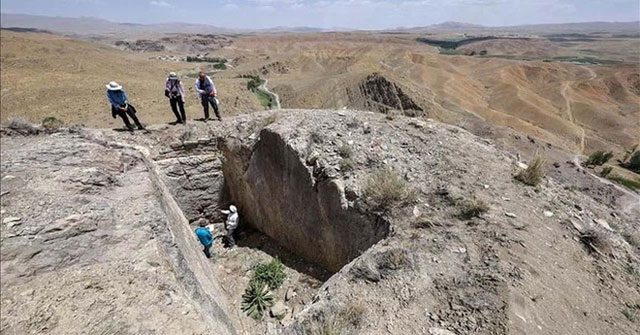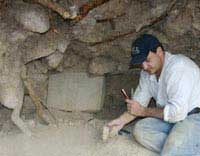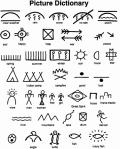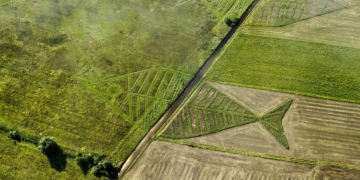Turkish scientists have discovered an ancient “ghost castle” in an unexpected location: the summit of a treacherous mountain, standing 2,500 meters high.
A team of archaeologists from Van Yüzüncü Yıl University reported that they have unearthed the remains of the ghost castle, buried at the peak of a mountain in the eastern province of Van, Turkey. The design, materials, and location of the castle confirm that it belonged to the Urartian Kingdom, also known as the ancient Kingdom of Van, a powerful empire that dominated this region many centuries before Christ.
According to Ancient Origins, the excavations are just beginning, so it is too early to determine the scale of the castle. However, it is clear that it is quite magnificent, with sturdy walls made of limestone and sandstone. They have uncovered the remnants of a water reservoir with a capacity of 105,000 liters, which may reflect the scale of the castle and the large number of people who once lived within its walls.

Excavation site at the summit of a 2,500-meter mountain – Photo: Van Yüzüncü Yıl University
The castle dates back 2,800 years and appears to have been used for many centuries, even being reused during the Middle Ages.
The Urartian civilization—the ancient Urartian empire—was located in a fertile area, primarily due to a lush plateau nestled within rocky mountains, with abundant natural water sources. This region also had numerous precious metal mines containing gold, silver, copper, lead, and iron, allowing the inhabitants to live comfortably and prosperously for many centuries.
This land was also close to ancient trade routes. With many attractive products to trade, the people of this kingdom became increasingly wealthy and prosperous. They were renowned for their massive castles with stunning architecture, built high on rocky peaks, serving as strong fortresses to protect the kingdom.
However, continuous wars waged by various empires eager to seize this rich land pushed the Urartian civilization toward extinction around 590 BC, due to unknown conquerors.



















































